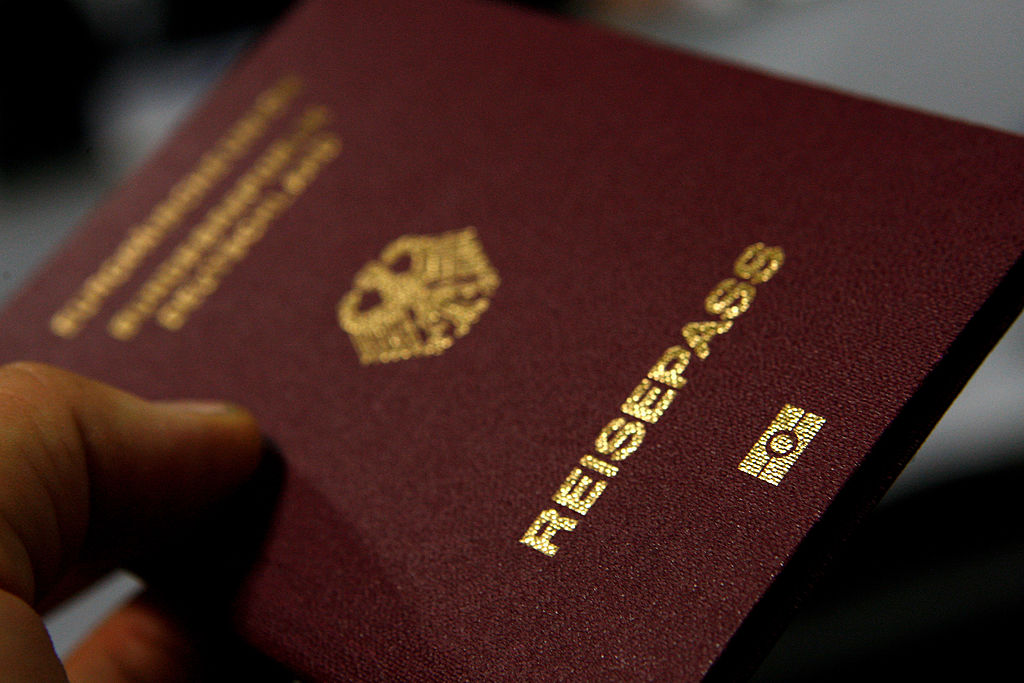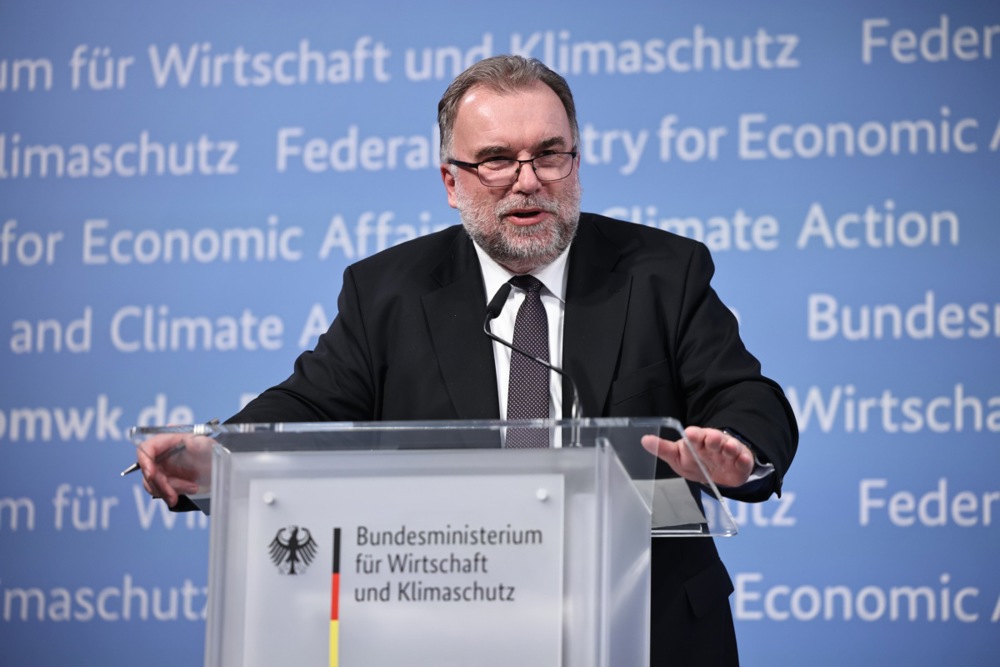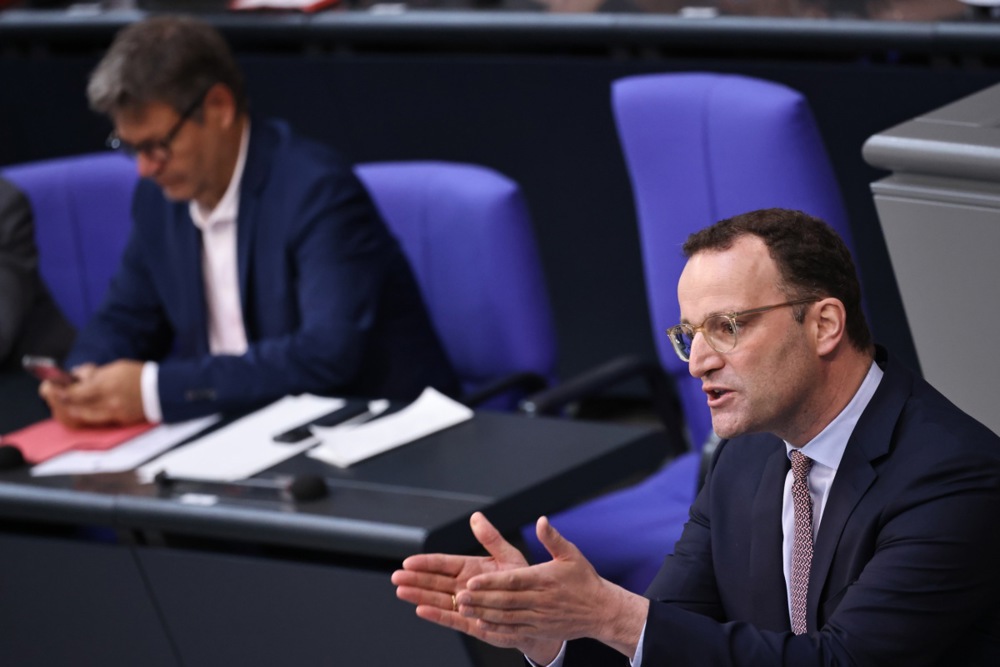Farmers across Germany started a planned week-long protest en masse against the Government’s plans for cutbacks.
The demonstration by thousands of tractor-driving workers began on January 8, blocking roads and leading to traffic chaos, against the planned gradual abolition of a subsidy on agricultural diesel by Berlin.
On a wider level, they argue that the Government is unfairly meddling in how farmers operate while attracting huge subsidies just as agricultural profit margins are increasingly declining, leading to an unsustainable situation for many.



Many farmers believe the root cause of their problems lies in large part with the increasingly prevalent “green” ideology, which they say has been unfairly targeting their sector for some years.
In such green circles, farming has been associated with detrimental environmental effects, such as high emissions and a reduction in biodiversity.
The 2020 European Green Deal, designed to make the European Union the world’s first “climate-neutral bloc” by 2050, was originally created in Brussel.
Since then farmers say they are the ones taking the brunt and insist the European plans need to be toned down.
Despite their protestations, many EU governments continue to work on green plans that usually involve a reduction in the number of farms operating, among other agricultural strictures.






Protests are due to go on all week, resulting in further widespread traffic disruption, unrest and blockades across Germany.
Günther Felßner, the Vice President of the German Farmers’ Association (DVB), threatened that if the Government’s proposals were not withdrawn by January 15, “We are ready to paralyse the country like Germany has never seen before.”




The protests by German farmers echo what happened in the Netherlands last year, where outraged agricultural workers also blockaded roads in a demonstration that was the latest in a series since 2019.





